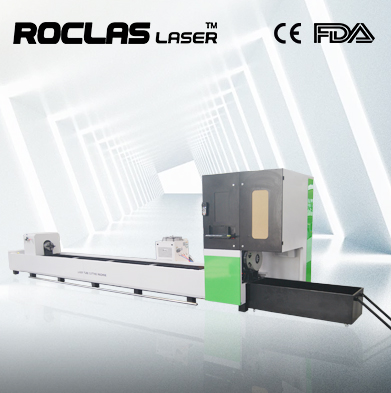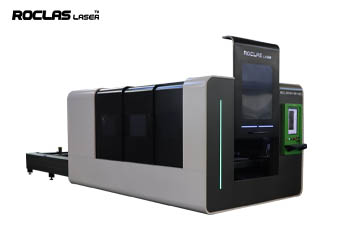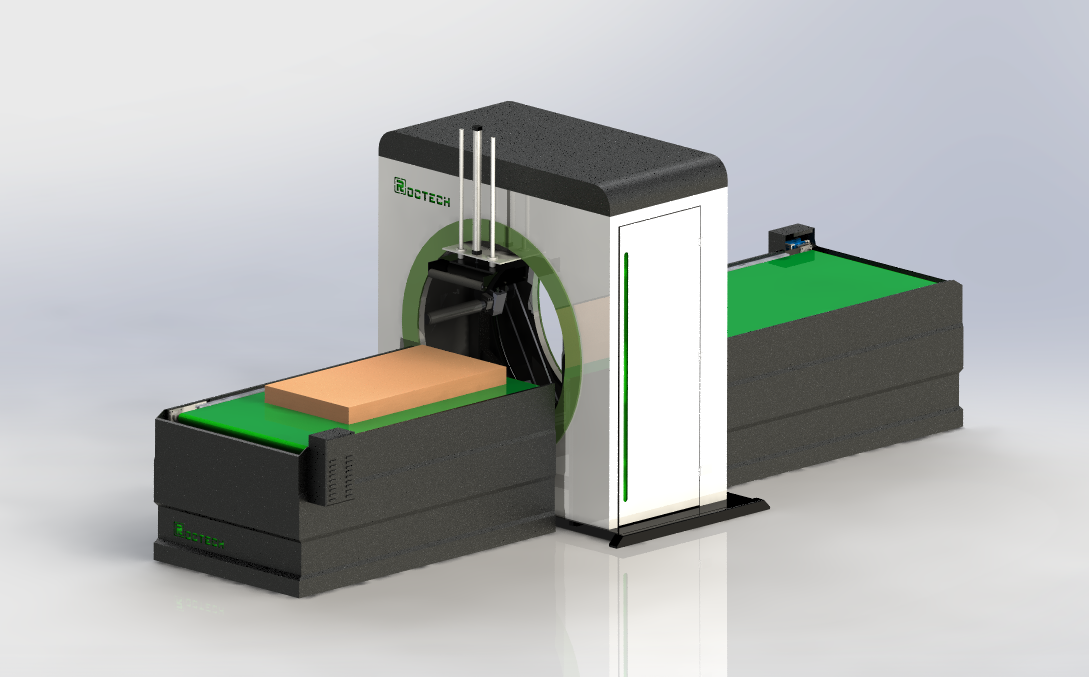Introduction
In the ever-evolving landscape of precision manufacturing, fiber laser technology has emerged as a game-changer. Fiber laser companies are at the forefront of this revolution, offering cutting-edge solutions that have transformed industries ranging from automotive to aerospace. This article delves into the rise of fiber laser companies, exploring their technological advancements, market impact, and the future of this dynamic sector.
The Evolution of Fiber Laser Technology
Fiber lasers, a type of solid-state laser, have undergone significant advancements since their inception. Unlike traditional CO2 lasers, fiber lasers utilize optical fibers doped with rare-earth elements such as erbium, ytterbium, or neodymium to generate laser beams. This unique design offers several advantages, including higher efficiency, superior beam quality, and greater reliability.

Key Advantages of Fiber Lasers

1. High Efficiency Fiber lasers convert electrical energy into laser light with remarkable efficiency, often exceeding 30%. This efficiency translates into lower operational costs and reduced energy consumption, making them an attractive option for manufacturers.
2. Superior Beam Quality The beam quality of fiber lasers is exceptional, allowing for precise and clean cuts, even on reflective materials like copper and brass. This precision is crucial in industries where accuracy is paramount.

3. Compact Design Fiber lasers are more compact and lightweight compared to traditional lasers. This compactness facilitates easier integration into existing manufacturing setups and reduces the need for extensive floor space.
4. Low Maintenance With fewer moving parts and no need for gas refills, fiber lasers require minimal maintenance. This reliability ensures uninterrupted production and reduces downtime.
Market Impact of Fiber Laser Companies
The global fiber laser market has witnessed exponential growth, driven by the increasing demand for high-precision manufacturing solutions. Fiber laser companies have played a pivotal role in this growth, catering to diverse industries such as automotive, aerospace, electronics, and medical devices.
1. Automotive Industry The automotive sector has embraced fiber laser technology for its ability to cut and weld complex components with high precision. Fiber lasers are used in the production of engine parts, body panels, and exhaust systems, enhancing both performance and safety.
2. Aerospace Industry In aerospace manufacturing, where precision and reliability are critical, fiber lasers are employed for cutting and drilling advanced materials like titanium and composites. Their ability to produce intricate designs with minimal heat-affected zones ensures the integrity of aerospace components.
3. Electronics Industry The electronics industry benefits from the precision and speed of fiber lasers in the production of micro-components, circuit boards, and semiconductor devices. The non-contact nature of fiber laser processing minimizes the risk of damage to delicate electronic parts.
4. Medical Devices Fiber lasers are instrumental in the manufacturing of medical devices, including stents, surgical instruments, and implants. Their precision and ability to work with biocompatible materials ensure the production of high-quality medical products.
Leading Fiber Laser Companies
Several fiber laser companies have established themselves as industry leaders, driving innovation and setting new benchmarks in laser technology. Some of the prominent players include
1. IPG Photonics A pioneer in fiber laser technology, IPG Photonics offers a wide range of high-power fiber lasers and amplifiers. Their products are renowned for their reliability and performance, catering to diverse industrial applications.
2. Coherent Coherent is a global leader in laser technology, providing advanced fiber laser solutions for cutting, welding, and marking applications. Their commitment to innovation has positioned them as a trusted partner for manufacturers worldwide.
3. Trumpf Trumpf is a prominent name in the laser industry, offering state-of-the-art fiber laser systems for industrial applications. Their focus on automation and digitalization has revolutionized manufacturing processes.
4. nLIGHT nLIGHT specializes in high-power fiber lasers, delivering solutions that enhance productivity and precision. Their expertise in laser technology has made them a preferred choice for demanding applications.
Technological Innovations by Fiber Laser Companies
Fiber laser companies are continuously pushing the boundaries of technology, introducing innovations that enhance performance and expand application possibilities.
1. Ultrafast Fiber Lasers Ultrafast fiber lasers, capable of producing pulses in the femtosecond and picosecond range, have opened new avenues in micromachining and material processing. These lasers enable precise ablation and surface structuring without thermal damage.
2. High-Power Fiber Lasers The development of high-power fiber lasers, with outputs exceeding 10 kW, has revolutionized heavy-duty cutting and welding applications. These lasers offer increased throughput and the ability to process thicker materials.
3. Fiber Laser Additive Manufacturing Fiber laser companies are exploring additive manufacturing (3D printing) using fiber lasers. This technology allows for the creation of complex geometries and customized components with high precision.
4. Smart Fiber Laser Systems Integration of IoT (Internet of Things) and AI (Artificial Intelligence) into fiber laser systems has enabled real-time monitoring, predictive maintenance, and process optimization. Smart fiber lasers enhance productivity and reduce operational costs.
Challenges and Opportunities
While fiber laser technology offers numerous advantages, fiber laser companies face certain challenges that need to be addressed to sustain growth.
1. High Initial Investment The initial cost of fiber laser systems can be high, posing a barrier for small and medium-sized enterprises (SMEs). However, the long-term benefits in terms of efficiency and productivity often justify the investment.
2. Material Limitations Although fiber lasers excel in processing a wide range of materials, certain materials like transparent plastics and ceramics present challenges. Ongoing research aims to overcome these limitations and expand the scope of fiber laser applications.
3. Competition from Alternative Technologies Fiber lasers face competition from alternative laser technologies such as CO2 lasers and direct diode lasers. Continuous innovation and cost reduction are essential to maintain a competitive edge.
Despite these challenges, the future of fiber laser companies is promising, with ample opportunities for growth and innovation.
Future Prospects
The future of fiber laser companies is bright, driven by the increasing demand for precision manufacturing and the continuous evolution of laser technology.
1. Expansion into Emerging Markets Emerging markets in Asia-Pacific, Latin America, and Africa present significant growth opportunities for fiber laser companies. The rising industrialization and adoption of advanced manufacturing technologies in these regions will fuel demand.
2. Sustainability and Green Manufacturing Fiber laser companies are focusing on developing eco-friendly solutions that align with the global push for sustainability. Energy-efficient fiber lasers and recyclable materials will play a crucial role in green manufacturing.
3. Collaboration and Partnerships Collaborations between fiber laser companies, research institutions, and end-users will drive innovation and accelerate the development of cutting-edge solutions. Partnerships will also facilitate knowledge sharing and technology transfer.
4. Customization and Personalization The trend towards customization and personalization in manufacturing will create new opportunities for fiber laser companies. Tailored solutions that meet specific customer requirements will be in high demand.
Conclusion
Fiber laser companies are revolutionizing precision manufacturing with their advanced technology, offering unparalleled efficiency, precision, and reliability. As the demand for high-quality, customized components continues to grow, fiber laser companies will play a pivotal role in shaping the future of manufacturing. With ongoing innovations and a commitment to excellence, these companies are poised to lead the way in the next industrial revolution.
Regardless of whether you require general advice or specific support, we are happy to help you.